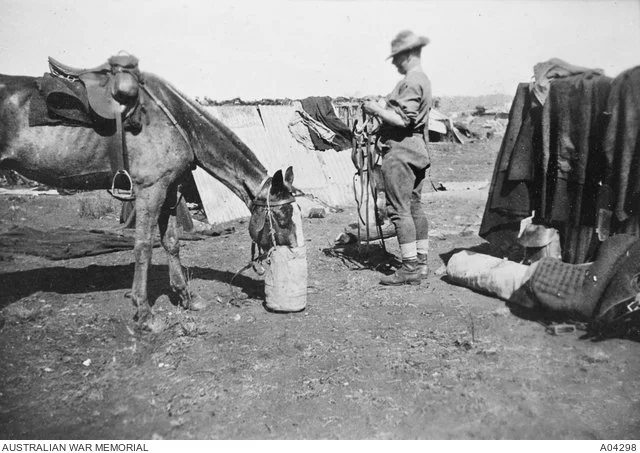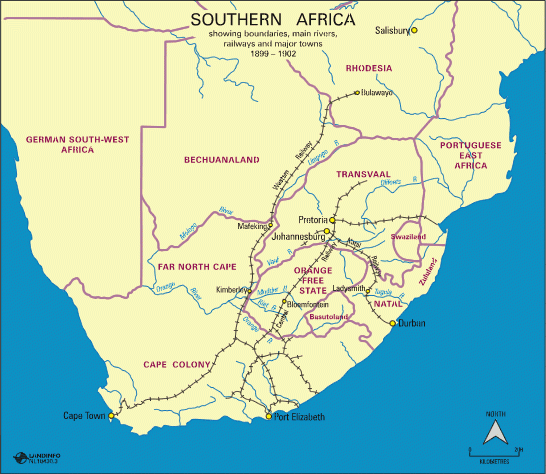Following its acquisition by Britain during the Napoleonic Wars, the southern region of Africa became divided between British colonies and independent republics established by Dutch–Afrikaner settlers, commonly referred to as Boers. In an effort to evade British governance, numerous Boers migrated north and east, ultimately founding the Boer republics of the Orange Free State and the Transvaal. A conflict erupted between the two factions from 1880 to 1881, following a prolonged period of tension throughout the 19th century.
As a component of the British Empire, the Australian colonies contributed troops primarily in mounted units for the conflict in South Africa. These Australians served in contingents organized by the six colonies or, beginning in 1901, by the newly formed Australian Commonwealth.
The initial groups arrived in South Africa between November 1899 and March 1900; the second wave arrived from December 1899 to February 1900; the third contingent came between April and May 1900; and the fourth group reached South Africa from May to June 1900. The 4th Tasmanian, 6th Queensland, South Australian, and Western Australian contingents did not arrive until March–April 1901. Additionally, three more contingents were mobilized by the Commonwealth in 1901, but as they did not set sail until 1902, most arrived too late to participate in any combat, with some still en route when the war concluded on 31 May 1902.
A total of 16,000 Australians participated in the Boer War, with a small contingent known to have fought alongside the Boers. Of those, 282 lost their lives in battle or from injuries sustained, 286 succumbed to disease, and another 38 died from unspecified causes. Six Australians were awarded the Victoria Cross in South Africa, alongside numerous others who received various decorations.
Image of unknown NSW Imperial Bushmen




